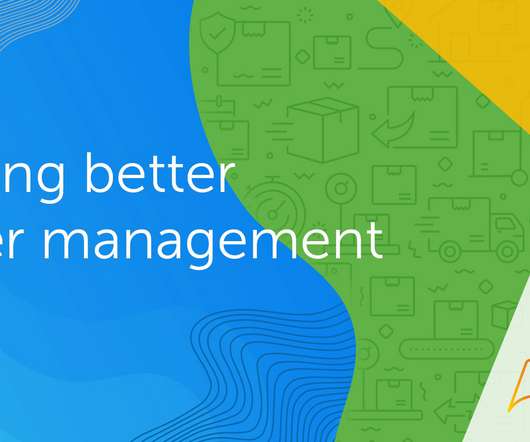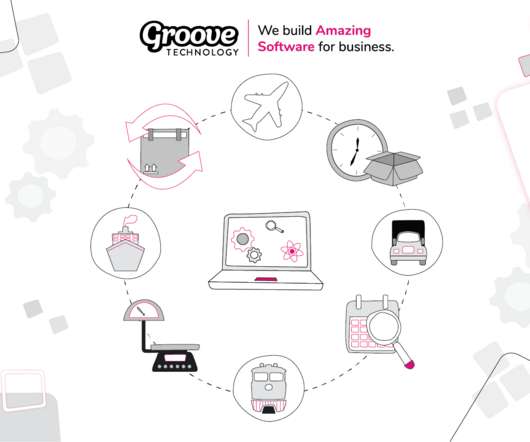Identifying Supply Chain Automation Opportunities
Automation Anywhere
DECEMBER 16, 2020
For manufacturers, top of mind is finding new ways to streamline operations. The diagram below summarizes the core processes in the supply chain management process. Automating order management Why was order management put into the pursue quadrant? First it is very high volume.












Let's personalize your content